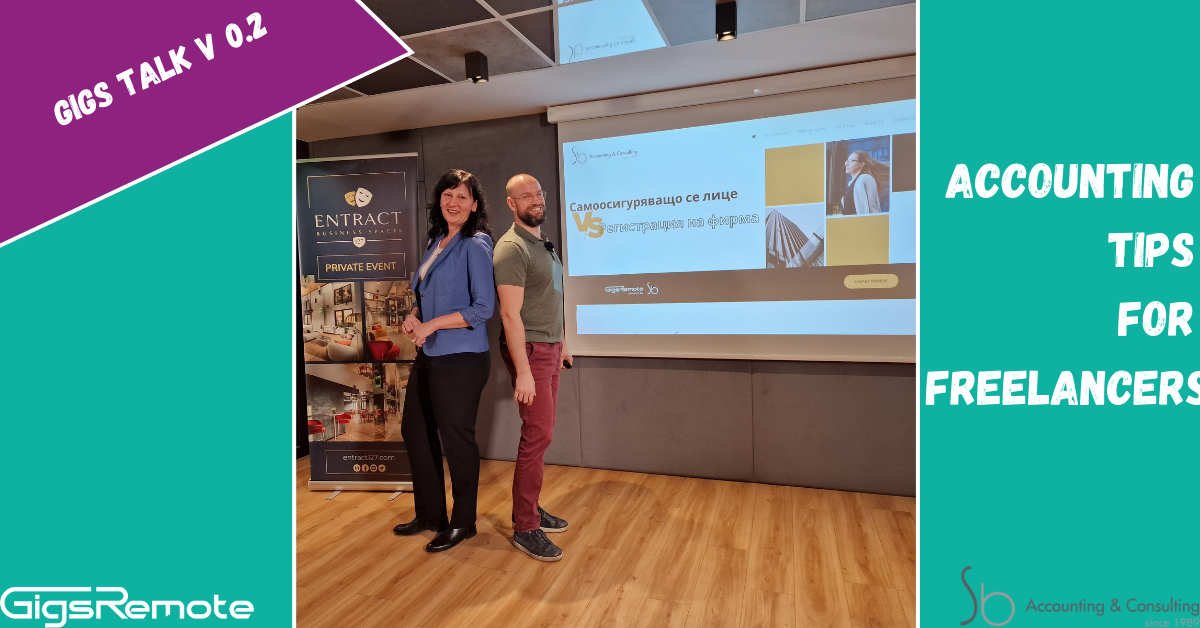12 Simultaneous Jobs, One Developer: Remote Work Isn’t Broken – Trust Is Built, Not Assumed
12 Simultaneous Jobs, One Developer: Remote Work Isn’t Broken – Trust Is Built, Not Assumed

A viral thread made waves on LinkedIn and X when a tech founder revealed that a remote developer had secretly held 12-full full-time jobs at once. Companies such as Antimetal, Playground, Lindy, Dynamo AI, Union.ai, Synthesia, Alan AI, and ComfyUI were among those affected.
The developer claimed desperation drove him, and dozens of other founders confirmed their companies had been targeted too.
For many, it raised urgent questions about trust in remote work. But blaming remote work misses the bigger picture. The deeper issue is how hiring and engagement practices create blind spots that bad actors can exploit.
Why does this happen?
Let’s be honest – this kind of situation could happen to anyone.
In the case that went viral, the developer didn’t stumble through the interview process — he reportedly performed exceptionally well, convincing multiple companies of his capabilities. Many of the affected teams are led by talented founders with solid instincts. So, how did it happen?
The answer isn’t remote work itself. Remote setups aren’t inherently more vulnerable, but they do demand stronger structure and clearer accountability, especially in the screening and early working relationship.

Jasmina Tal, Talent Leader @ GigsRemote, shares another example of our experience from a non-remote similar issue:
I had a case in one of the companies where I was an internal HR. One day, а Development Manager came to me and shared that there is a person in his team who hasn’t shown up to work for the past three weeks. It was before 2020 and COVID, so the company didn't have any ‘Work from Home’ policies, and everyone was expected to come to the office. Therefore, this person simply didn't show up. They didn't request vacation, nor gave information about a sick leave. Three weeks! The Manager didn't come to say anything from the very beginning. They didn't know what to do or how to approach it.
When he shared this with me, I simply called the person and calmly explained that disappearing like this is not acceptable. The team was worried about him, while simultaneously having their obligations and responsibilities. He was very young and still in university. He explained that he has exams and is spending his time studying. We discussed it further, and to conclude, he came to the office, gave his resignation letter, and we closed the case.
The management was very hesitant to talk about boundaries and what is expected. Like in the case of Soham, he gave one company the address to an office building to ship him his laptop, and they assumed that it was his friend's place or something, not questioning where this laptop was headed. He was postponing work and saying he doesn't feel good, so is there any policy that enacts if someone is ill, and how do we differentiate between people with irresponsible behaviour, and people that are struggling with a real illness, of a cold, flu, headaches, and as of recent, Covid?
The issue here is not remote work, but how the company/client/employer builds a relationship and trust with the professional.
Unfortunately, the hiring process in many fast-growing companies is under pressure: limited time, lean HR teams, reliance on automated screening tools, and the push to fill roles quickly can make it difficult to spot subtle warning signs, even for experienced teams doing their best.
Rather than assigning blame, the more constructive question to ask is how companies can design hiring and engagement models that reduce risk, without sacrificing the speed and flexibility that make remote work so valuable.
How are we addressing risk factors?
While no system is completely foolproof, our approach is designed to mitigate risk through clear expectations, aligned incentives, and continued support beyond hiring.
Our Philosophy: Remote Works, But Trust Is Built Mutually, Not Assumed

1. Clarity from Day 0
We check thoroughly with freelancers their current commitment and communicate the time and effort expectations for each project.
“We closely look for freelancers who simply agree with absolutely everything and don’t question anything. Such people are often the ones who disappear when things get serious. The opposite can also present a potential red flag, finding a specialist who is high-demanding. There is a fine balance. From our practice, freelancers asking well-thought-out questions important to them, who maturely set their expectations, articulate what they're okay and not okay with in the long run, are performing great. If we are not satisfied with the checks and answers relating to the availability and commitment, we would not continue working together.”
- Jasmina Tal, Talent Leader @ GigsRemote
Besides the simple understanding of whether it is a full-time or part-time role, we are deepening expectations from the client’s team. We keep a strict focus on understanding how intensive each role is, the expected dynamics of meetings and teamwork, and additionally, making sure the contractors understand the circumstances.
2. Collaborative AccountabilityWith our model, contractors don’t receive fixed salaries – they’re paid based on approved work only.
"Each billing period provides an opportunity for our client to validate performance. Contractors are motivated to be sharp."
- Metodi Amov, Client Leader at GigsRemote
We do an intermediate timesheet (each week) before our official review period (usually monthly), so that we have a good idea of how things are going.
3. Performance follow-throughWe don’t just stop at the placement. We stay involved post-hiring to gather client feedback and monitor early signs of misalignment or absenteeism. The same applies both ways. We check with freelancers regularly for feedback about our clients.
Having a mediary party reveals feedback that would otherwise not be shared directly with a client. On multiple occasions, we’ve helped with sensitive topics discussed between clients and freelancers, resolving potential conflicts and handling “hot potatoes” for both sides.
- Plamen Tsekov, CEO of Gigsremote.
4. Mutually aligned incentivesOur success depends on the long-term engagements that work for both parties. We’re working through a sustainable cost model, focused on the long run, not a ‘one-off fee’. We are invested in the success of the client-freelancer relationship.
5. Rigorous – but balanced – screening and selectionWe evaluate candidates based on real conversations, including technical and soft skill interviews. We assess authenticity through dialogue, experience signals, and psychological insight developed over years of interviewing senior talent. ‘Is our screening perfect?’- No, no such process is perfect!

The Soham Parekh case reminds us that fraud can slip through even the best of processes. We’ve seen talented CEOs fooled despite performing strongly in interviews. That’s why a robust hiring process must go hand-in-hand with onboarding clarity, early check-ins, and shared accountability.
At GigsRemote, we don’t just help you hire – we help you manage better from day one.
Let’s reshape remote work into what it was always meant to be: a trusted, high-performing partnership built on clarity, commitment, and accountability.
Visit GigsRemote to learn how we can help.


